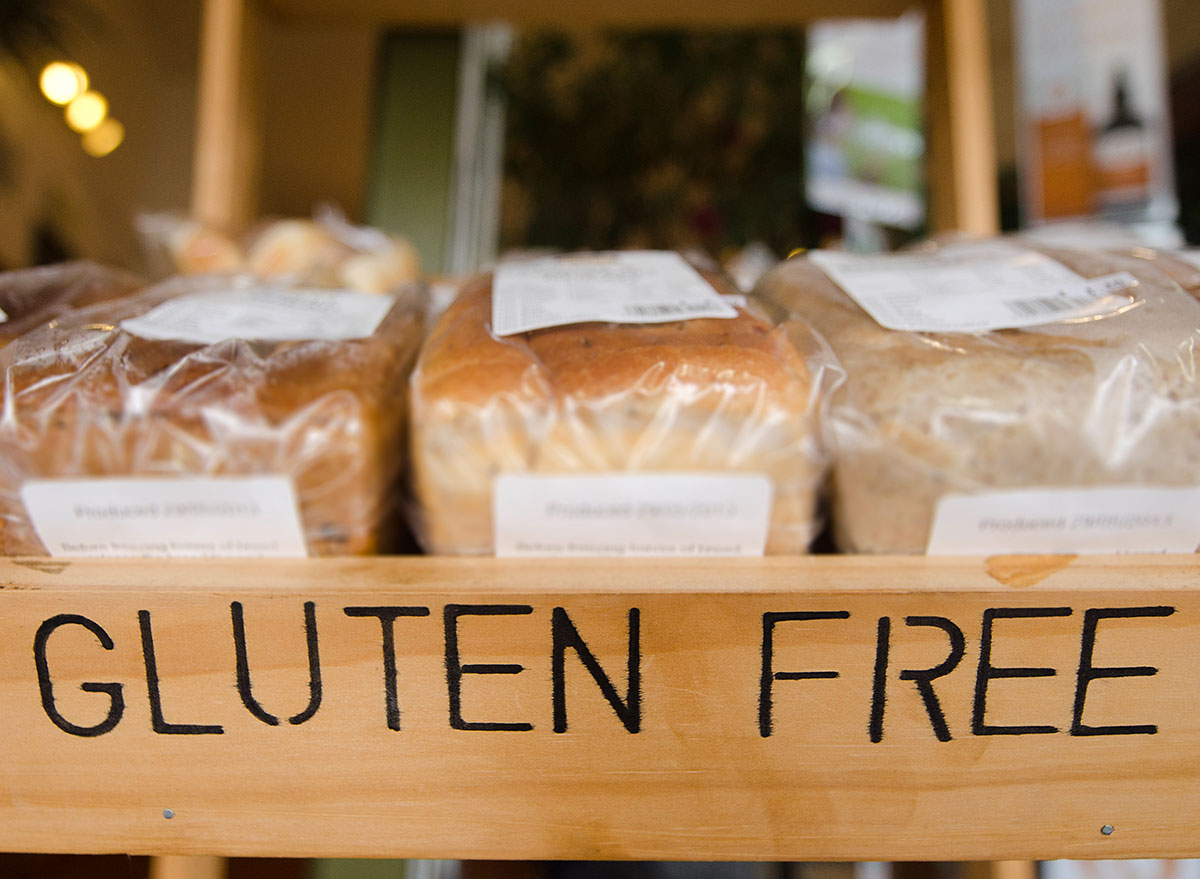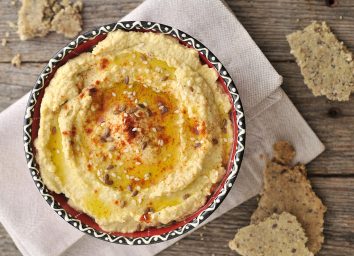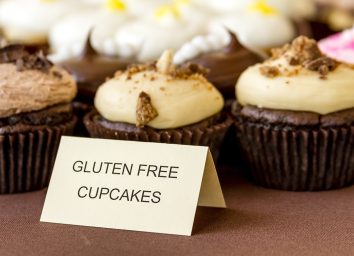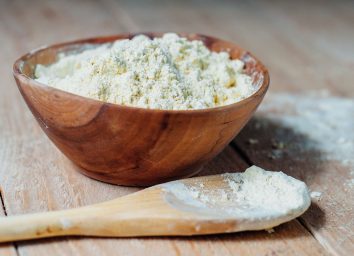
The gluten-free diet is no longer an underground eating plan. Your grocery store likely has a fully-stocked gluten-free aisle and options now occupy sections of menus. While many foods are naturally gluten-free, the GF label has come to the mainstream, and many people are giving it a go for their health. But should you try it, and is it a healthy diet? We asked nutrition experts for their thoughts.
What is gluten, and what is a gluten-free diet?
"Gluten refers to the name of the proteins found in wheat, rye, and barley, and it is what gives structure and shape to these grains," says Amy Gannon, RD at Cleveland Clinic Wellness. Stating the obvious, a gluten-free diet is a diet free of gluten, and thus free of wheat, rye, barley, triticale, and sometimes oats.
This diet can be a challenge to navigate because gluten is found in a variety of food and products you wouldn't expect.
"Gluten-containing ingredients may also be found in other foods and beverages, most commonly soups, sauces, gravies, pre-seasoned meats, meat substitutes, snack foods, salad dressings, spice blends, candy, and alcoholic beverages," says Alicia A. Romano, MS, RD, LDN, CNSC, spokesperson for the Academy of Nutrition and Dietetics. "Additionally, gluten may be found in certain medications and dietary supplements."
Who should really be on a gluten-free diet?
The gluten-free diet is primarily indicated for those diagnosed with Celiac disease, an autoimmune disorder of the intestines.
"Consumption of gluten triggers an inflammatory reaction that can damage the lining of the intestine, resulting in a number of medical concerns that can become severe if celiac disease is left untreated," says Romano. "These medical concerns include malabsorption, vitamin deficiencies, diminished bone health (osteoporosis), infertility, increased risk of miscarriages, and increased risk of certain types of cancer."
For those with Celiac disease, going gluten-free is the only way to prevent the negative effects gluten contamination can have on the GI tract.
"When they eliminate gluten from their diets, some of those uncomfortable, painful, and harmful symptoms are eliminated as well," says Gannon. "There are a number of whole grains that are gluten-free (quinoa, teff, millet, and brown rice are a few examples), so people who have Celiac and eliminate gluten can still have healthy, balanced meals without gluten."
However, there are some with non-celiac gluten sensitivity (or gluten sensitivity without diagnosed celiac) that are also recommended to take up this particular diet.
"These individuals present with symptoms such as abdominal pain, bloating, gas, diarrhea, or constipation, and have been ruled out for celiac disease. Treatment with a gluten-free diet is recommended, however, whether gluten needs to be strictly avoided for life remains unknown," says Romano.
If you don't need to go on a gluten-free diet, should you?
There aren't inherent benefits for people who don't need to be on this diet.
"A gluten-free diet may mean reducing heavily processed foods and replacing them with foods that are more nutritious, but swapping a cupcake for an apple and feeling better may have to do more with the fact that apples are more nutrient-rich and less to do with the fact that the cupcake has gluten," says Gannon.
Studies on the gluten-free diet have shown that individuals see value in it for a variety of reasons.
"In our current diet-driven landscape, gluten-free foods have achieved a 'health halo' among consumers: consumers believe a gluten-free food is inherently healthy because it lacks an ingredient," says Romano. "There is a huge market of gluten-free products within our food industry, and with that market comes a large number of social media and marketing claims (not backed by science) associated with the gluten-free diet. Ideas that the gluten-free diet is 'anti-inflammatory' or a socially acceptable way to lose weight are among some of the ideals associated with this diet."
What are the negatives of this diet?
In fact, there may be more negatives.
"The potential for an unbalanced diet and vitamin/mineral deficiencies is a large negative for this diet in particular, as is true with unnecessary restriction of any food group," says Romano. "If not appropriately planned, the diet can lack a number of essential nutrients found in gluten-containing grains, including (but are not limited to) iron, folate, and fiber."
Studies have also shown us that individuals that value the gluten-free diet may also engage in other unhealthy weight management tactics and may find it as a socially acceptable way to lose weight.
"Some people will do it as a way to cut carbohydrates completely," says Gannon.
A 2017 study published in the BMJ also found that adults without Celiac disease that were on the gluten-free diet had an increased risk of coronary heart disease.
Should you try it?
For those who need to be on a gluten-free diet for medical reasons, the answer is obvious. However, healthy individuals that elect a gluten-free diet should ultimately check in with their doctor first.
"If someone I'm talking with is interested in going gluten-free, I highly encourage them to see their doctor to get tested to see if it is medically necessary," says Gannon. "For those who try it on their own and feel better, I always encourage looking at what they are including as opposed to what they've eliminated as a potential reason for feeling better. If getting rid of gluten means adding in more fruits, vegetables, lean proteins, and healthy fats, then maybe that is what's really behind positive changes."
If you're looking to try it for the sole purpose of weight loss, it may not be the healthiest solution.
"It can be tempting to think that by the sheer number of gluten-free products and people going gluten-free that it must be something you should do, but that's simply not the case," says Gannon. "It's not something I would recommend unless it was necessary to do so, and I certainly wouldn't recommend it as a lifestyle for the sole purpose of weight loss or maintenance. It's unfortunate that gluten has become demonized because there are many nutritious foods that contain gluten."
Romano agrees. "If the gluten-free diet is not medically indicated, then it is unnecessary. Similar beneficial healthy habits (such as increased fruit and vegetable intake, decreased processed food) can be achieved in a normal healthy eating plan that includes gluten."








